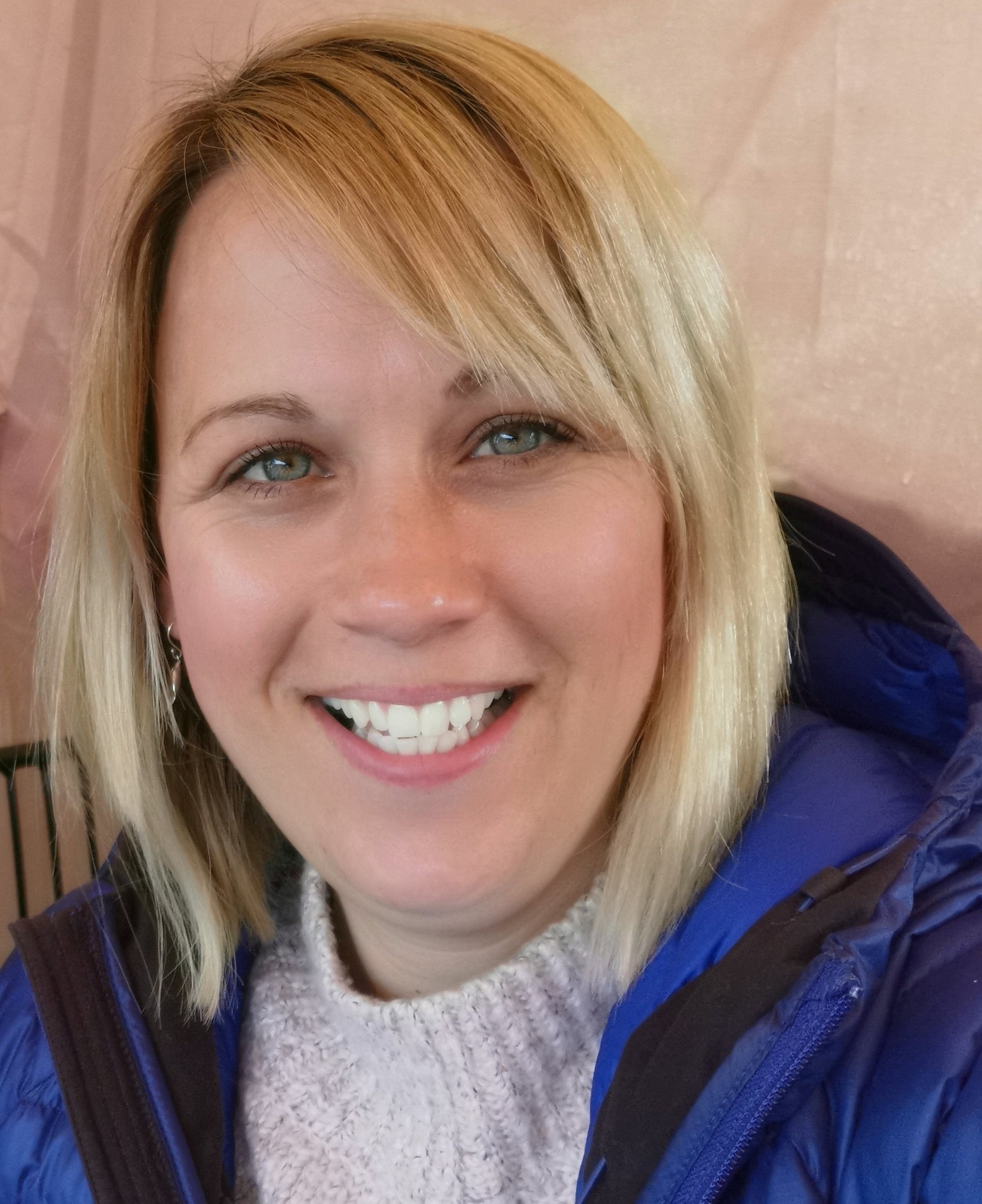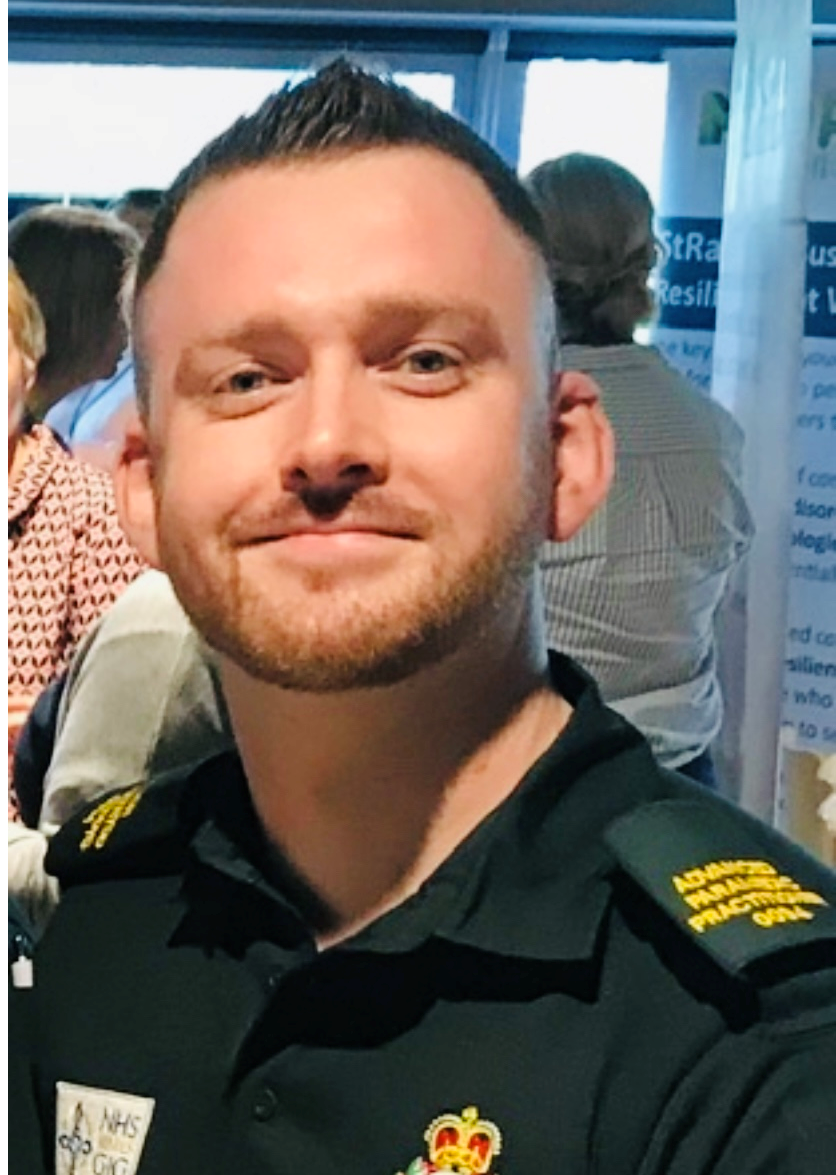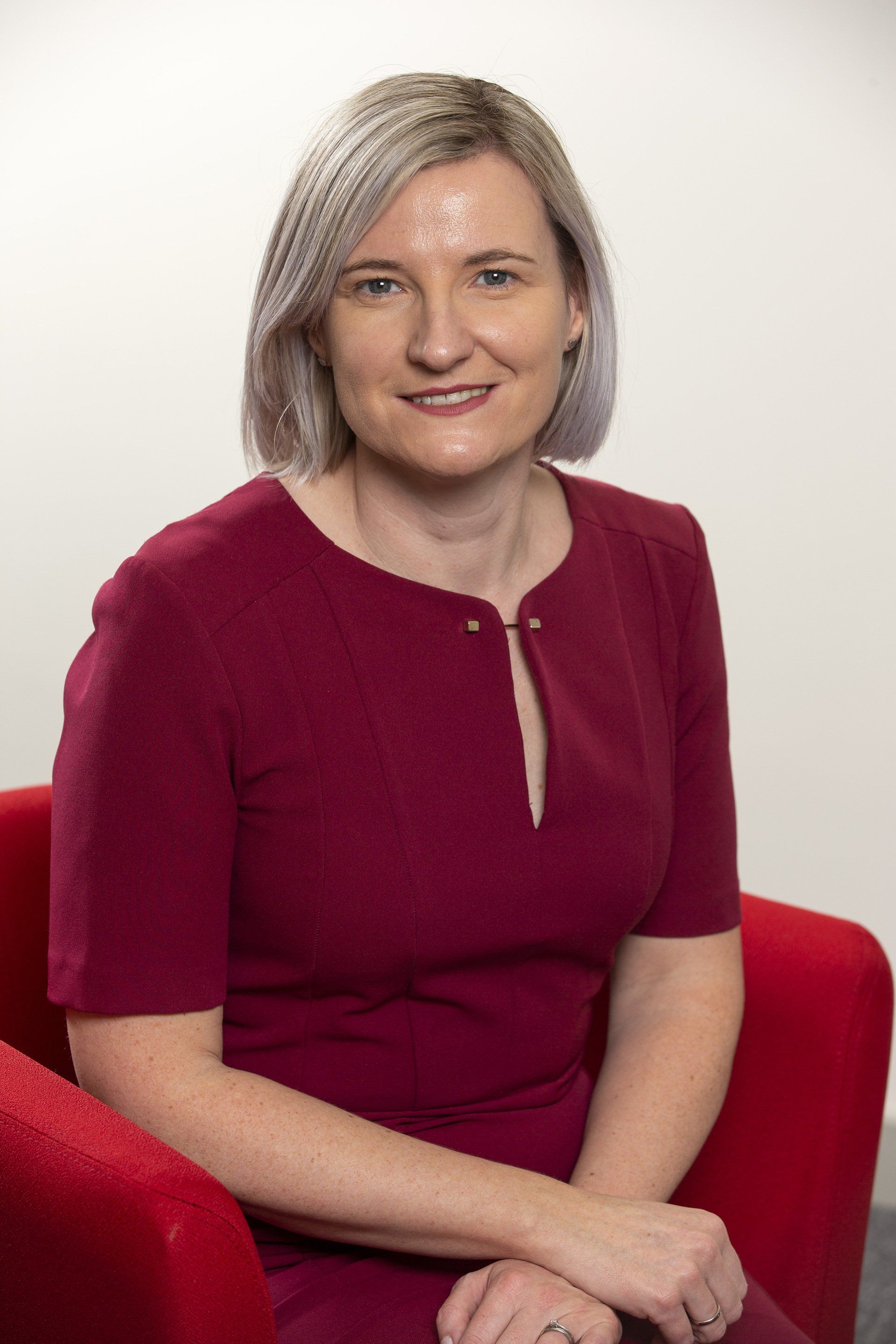RCBCWales Fellows' Research Profiles
Dr Jana Jezkova
Postdoctoral Fellow, Cardiff University
My research interest is in utilizing state-of-the-art genomic technologies and bioinformatics tools to improve the care of patients with genetic disorders. Particularly, I am interested in the use of rapid whole genome sequencing (rWGS) to enable faster and precise diagnoses for critically ill children. Rapid WGS is a powerful new genetic test that is used clinically to improve outcomes by reducing the need for multiple diagnostic tests and invasive procedures, facilitating earlier treatment decisions, and preventing repeated admissions. However, around half of children remain undiagnosed following rWGS. I plan to undertake detailed re-analysis of rWGS data from unsolved individuals in a research setting using advanced bioinformatics tools and different approaches. Key aims of my project are to increase the rate of diagnosis or children with rare diseases and to inform and improve NHS service provision (expanding the range of patients who can be tested and the range of disorders that can be tested for). Finding a genetic cause in a patient can drastically shorten their diagnostic journey, improve medical management, and, for some conditions, improve outcomes (e.g. better seizure control). Providing a family with a genetic diagnosis clarifies recurrence risks, facilitates genetic counselling and opens up access reproductive options such as preimplantation or prenatal testing. The findings of this project will also contribute to clinical service development, particularly how the NHS implements re-analysis of rWGS data as part of routine testing. The discovery of new disease genes will allow them to be included in routine NHS genetic tests.
Dr Julia Terry
Postdoctoral Fellow, Swansea University
Julia Terry is an Associate Professor at Swansea University. Her specialist area is mental health, particularly mental health promotion and early intervention. She is developing a research portfolio tackling health inequalities with Deaf people. Her Postdoctoral Fellowship with RCBC Wales is called SUPERSTAR – it’s about exploring systems that support hearing parents with deaf children.
Following two public engagement events, stakeholders said there is a lack of a deaf pathway for families with deaf children. Julia has engaged a project steering group to shape the project as it moves forward. First, she will be examining the current evidence and producing a scoping literature review. Second, she will be interviewing hearing parents of deaf children and people who work with deaf children to explore what are the challenges, barriers and what provides them all with help and support. After this, she will develop a preliminary framework of best practice, and engage with policy and decision-makers to progress positive change.
Outputs from this project will be journal articles and a British Sign Language (BSL) film of the project findings. During the Fellowship Julia will continue to engage with stakeholders on other project ideas, and progress further grant applications on her journey to research independence.
Cathryn Smith
PhD Fellow, Cardiff University
My name is Cathryn Smith I am a lecturer in Primary Care and Public Health at Cardiff University. Prior to this I worked as a nurse within primary and community care for 10 years. I have a keen interest in academia and achieved a master’s degree in Community Health Studies which sparked my interest in research. My specialities include community nursing with my values focusing on the importance of this role and how research can benefit both nurses and patients within primary care. However, my passion is strongly linked to improving end of life care for people living with dementia. Therefore, the aim of my PhD study is to look at end of life clinical decision-making process of healthcare professionals’ within primary are. The irregular progression of patient deterioration warrants the need for specific decision making on end-of-life care (EoLC) strategies focused on dementia. The research study will focus on observing healthcare professionals’ recognition of deterioration in patients with dementia and establish the appropriateness of their clinical decision making in EoLC, including the reason behind the decision-making process of best place of care. It will also aim to establish if there are any facilitators and/or barriers associated with successfully recognising the deterioration of patients with dementia at end of life. This research study therefore has the potential to inform education and policy and make a difference to quality of care in the nature and timing of EoLC to patients with dementia in the remit of primary care.
Edward Harry
PhD Fellow, Swansea University
My name is Ed and I qualified as a Paramedic in 2011, being a part of one of the first cohorts to complete Swansea University’s HEI Paramedic Science course and then went onto complete the MSc in Advanced Practice and now practice as an Advanced Paramedic Practitioner in Swansea.
As part of the research pillar of advanced practice, I have participated in, led on and been a co-applicant on a number of research and service development projects within the Welsh Ambulance Service, including the trust evaluation of the analgesia Penthrox with EMTs, an investigation on the effects of home and agile working with WAST staff and ASSIST: which aims to analyse improving the chances of surviving an out-of-hospital cardiac arrest by using AI to support ambulance service clinical centre contact staff.
My research will look at the health and wellbeing of ambulance staff in response to COVID-19 using a mixed methods approach. The quantitative approach will analyse sickness levels and expedite any themes and trends. The qualitative element will involve semi-structured interviews with ambulance staff to determine their experiences of the COVID-19 pandemic and how it has effected them on a personal and professional level.
I am excited about undertaking this project and am looking forward to working with RCBC and COS.










